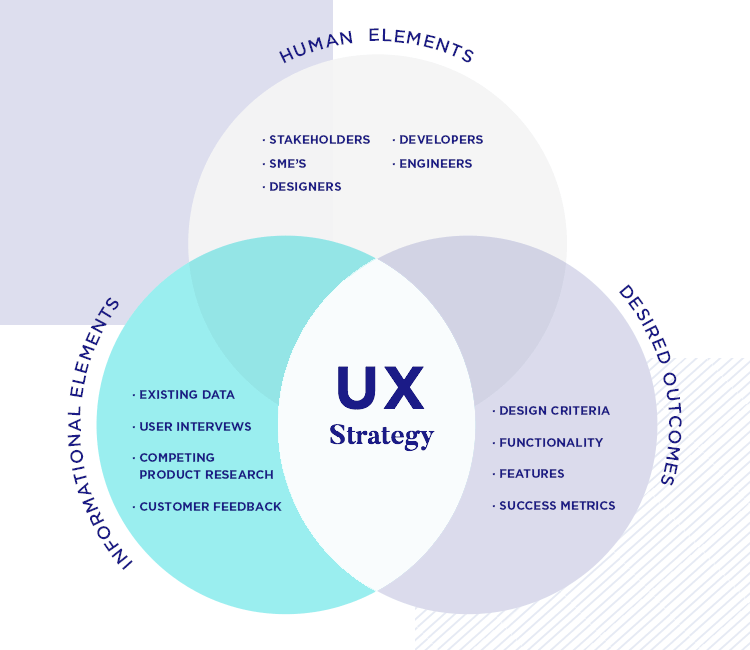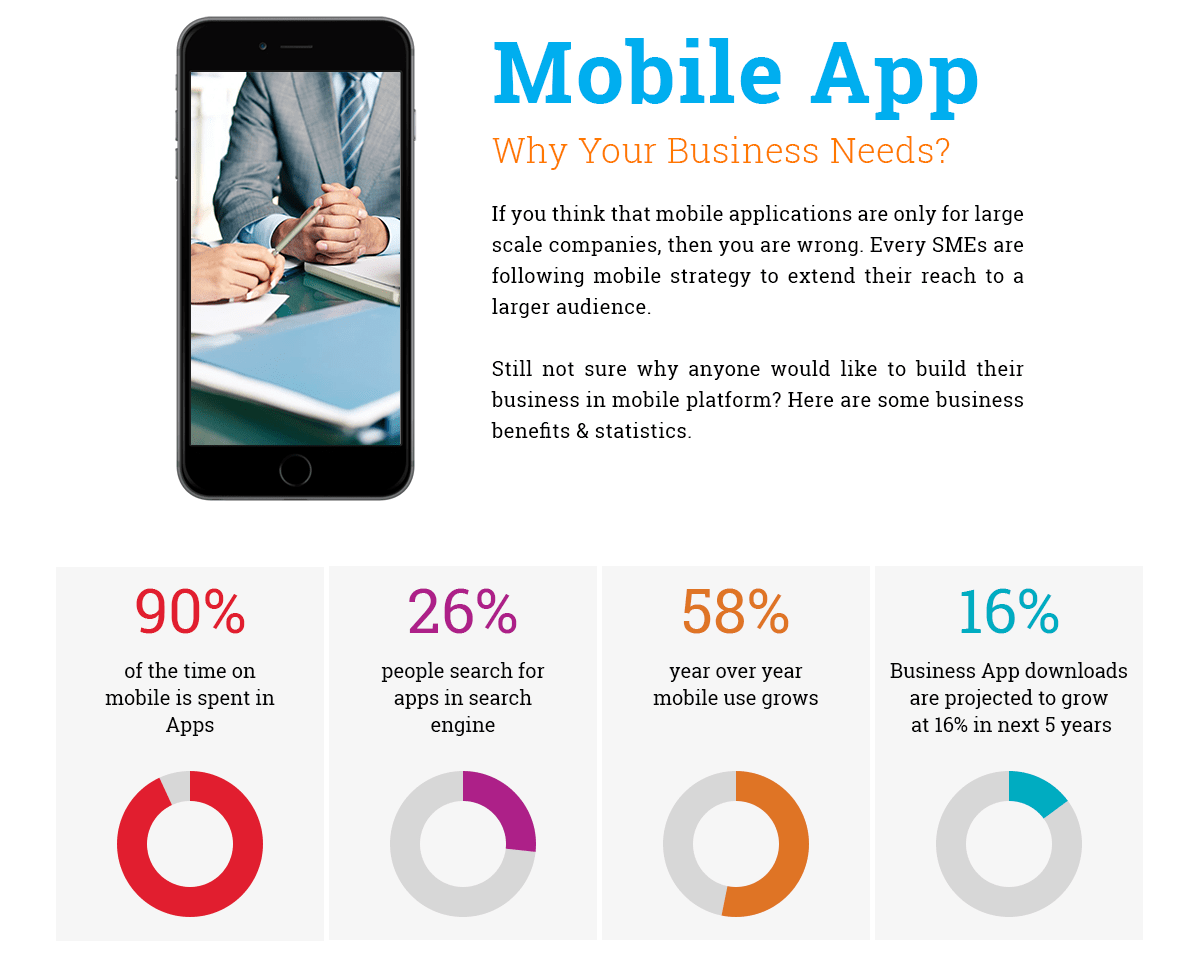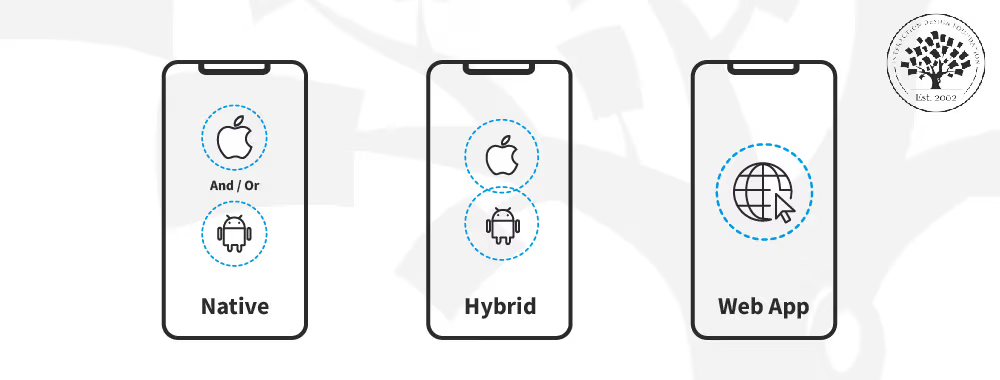In today’s digital economy, User Experience (UX) design is no longer optional—it’s a strategic necessity. For enterprises, designing intuitive, seamless, and accessible experiences can determine whether customers stay engaged or move to a competitor. This article explores what enterprises must know about UX, covering best practices, principles, and actionable insights to elevate digital products.
Why UX Design Matters for Enterprises
Enterprises operate at scale, serving diverse customers across industries and regions. A poorly designed interface can cause friction, decrease adoption, and increase churn. On the other hand, effective UX design can:
- Boost customer satisfaction and loyalty
- Improve digital product adoption rates
- Enhance operational efficiency
- Drive higher ROI on technology investments
At Singleclic, we help enterprises integrate UX into their digital transformation strategies—ensuring that design and functionality align with business goals.
The 4 C’s of UX Design
One of the most widely referenced frameworks in enterprise UX is the 4 C’s of UX design:
- Clarity – Users should instantly understand how to navigate your platform.
- Consistency – Maintain uniform elements across apps and systems.
- Credibility – Trust is built through reliability, security, and design transparency.
- Convenience – Reduce friction and make tasks effortless for the user.
These pillars are essential for delivering scalable enterprise solutions.
Applying the 80/20 Rule in UX
The 80/20 rule in UX (Pareto principle) suggests that 80% of users rely on 20% of features. Enterprises must identify these high-value features and design them to be as intuitive and efficient as possible.
This principle prevents bloated interfaces and ensures users get maximum value from core functionalities.
7 Principles of Enterprise UX Design
When designing enterprise applications, these seven UX principles serve as a roadmap:
- User-Centered Design – Prioritize real user needs over internal assumptions.
- Simplicity – Eliminate unnecessary complexity.
- Accessibility – Ensure usability for all, including people with disabilities.
- Consistency – Standardize patterns across products.
- Feedback – Provide real-time responses to user actions.
- Flexibility – Support multiple workflows and roles.
- Scalability – Build for growth and evolving requirements.
These principles align with enterprise goals, ensuring products remain relevant and effective.
What an Enterprise UX Designer Must Know
Enterprise UX designers must master more than aesthetics. They need expertise in:
- Business process mapping – Understanding how software integrates with workflows
- Cross-platform design – Designing consistent experiences across web, mobile, and cloud apps
- Data-driven decision-making – Using analytics and user testing to refine designs
- Change management awareness – Designing systems that reduce resistance to new tools
By combining technical skills with empathy and business insight, UX designers can deliver enterprise-ready solutions that support transformation initiatives.
Conclusion
For enterprises, UX is more than design—it’s strategy. A well-designed interface improves efficiency, drives adoption, and creates a competitive edge in today’s digital landscape.
Singleclic, established in 2013, has been a trusted partner for enterprises across the Arab world, delivering end-to-end IT solutions:
- Software Development (ERP, CRM, Low-code platforms)
- Networking Solutions (design, installation, maintenance)
- Cybersecurity Services (protecting businesses from evolving threats)
- Hosting & Cloud Solutions
- 24/7 Technical Support
📞 Contact us today:
- Egypt: +2 010 259 99225
- UAE: +971 42 475421
- KSA: +966 58 1106563
🌐 Visit: https://singleclic.com







